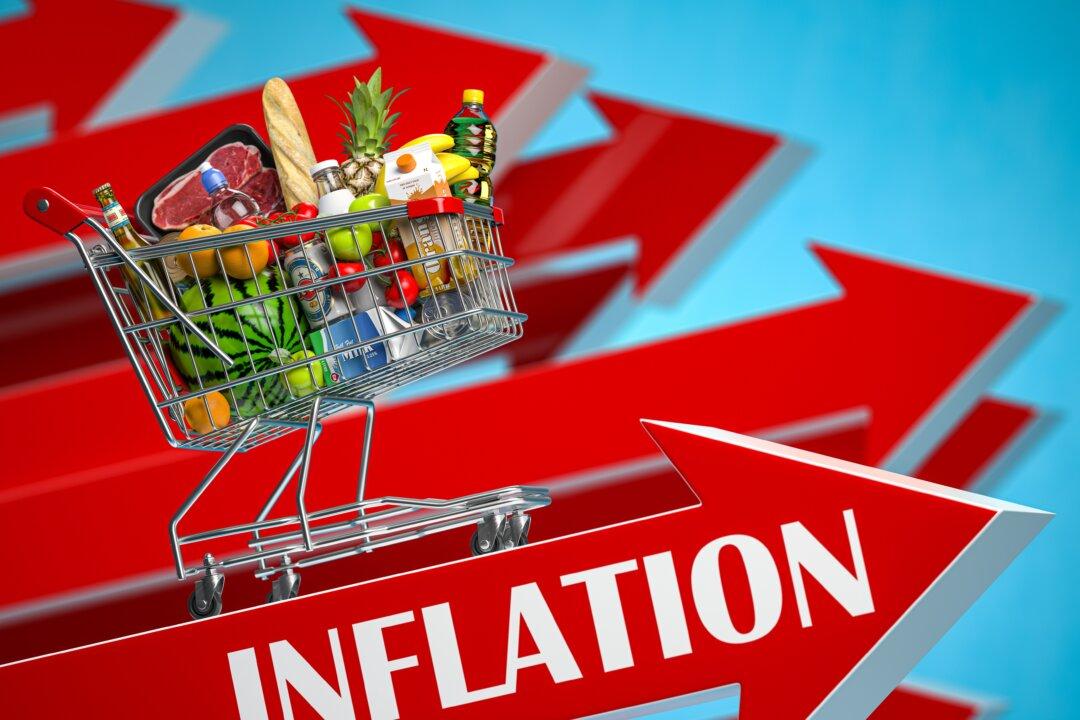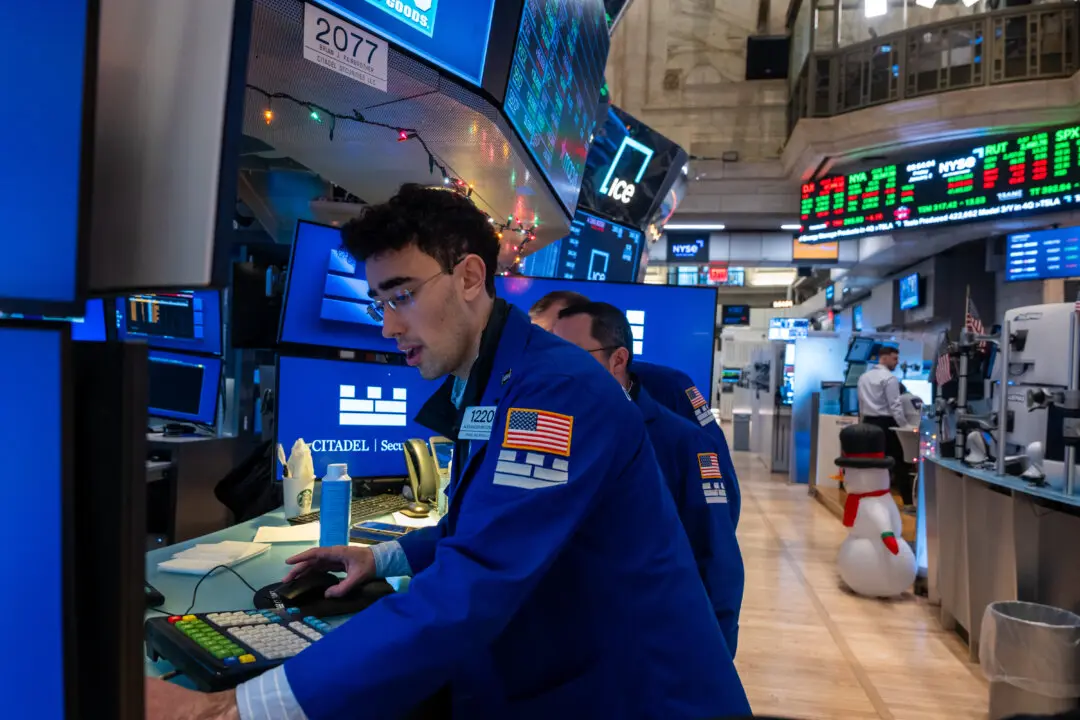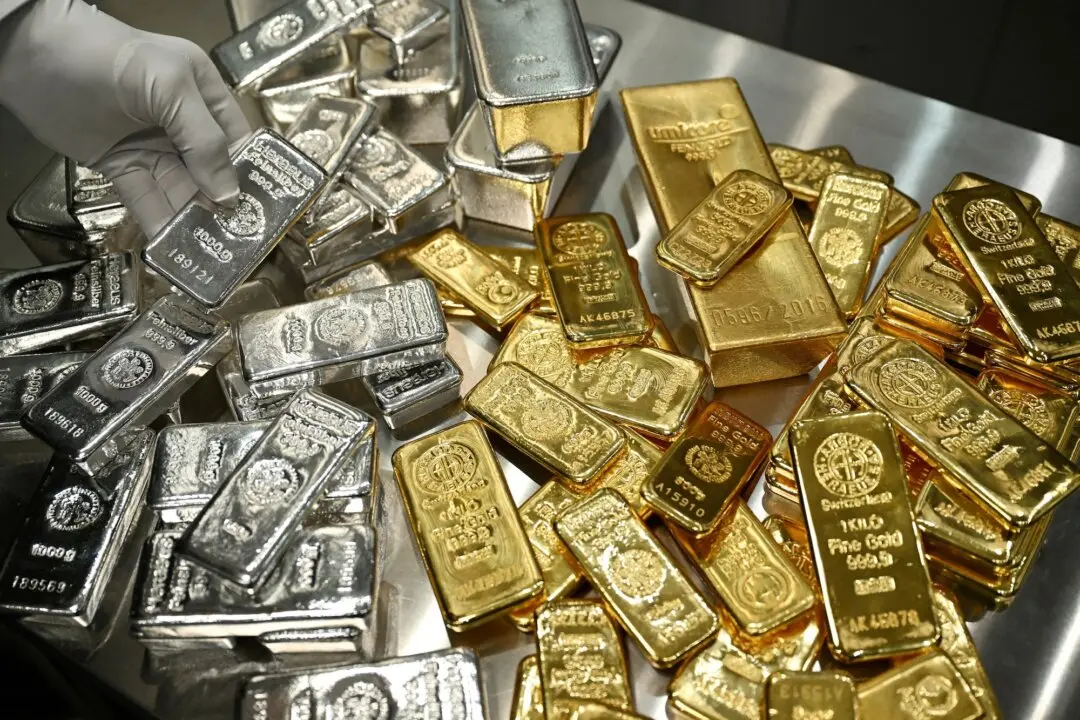Money is like a battery in that it is a store of energy for future use. In the case of money, that stored energy is financial value. Money stored as savings is the purchasing power than Americans hope to eventually use to buy a home, provide an education for their children, or retire in security.
But what happens when that battery can no longer hold its charge? We’ve all experienced the frustration of an aging mobile phone that drains itself after just a few hours, when it used to last for days. A similar phenomenon is happening with the U.S. dollar, and it’s going to get worse. Inflation is rapidly depleting the energy stored as cash in consumers’ savings and retirement accounts.






